Surface Engineering brings together a series of advanced technologies with widespread applications in the industrial world.
The group of Technology Centres led by the Navarre Industry Association, and made up of the IDONIAL Foundation, based in Asturias, and the TEKNIKER Foundation and CIDETEC Surface Engineering from the Basque Country, have received a grant for €3.9 million to set up a network in material and surface treatment technology and engineering, with the aim of becoming the front runners in Europe in this area of knowledge. The grant is part of the CERVERA Programme promoted by the Centre for the Development of Industrial Technology – CDTI, and its implementation period will be from 2020 to 2022.
Surface Engineering brings together a series of technologies with widespread applications both in the industrial world and in a large number of everyday objects. From a simple door handle to the most sophisticated computer; they are all impregnated with surface coatings providing functionality and value. It is also possible to design antimicrobial and even virucidal surfaces thanks to a suitable combination of materials and their microstructure.
There are many industrial processes that cover the coating and functionalisation of surfaces, using different strategies. In this context, the project, entitled Network of excellence in surface functionalisation technologies for applications in industrial sectors with a high economic and social impact (CER-20191003), focuses on research into the most innovative surface treatment technologies for application in industrial sectors with a high added value.
For this purpose, the project will focus its development on a series of Driving technologies which, due to their novelty and impact capacity, offer better prospects for industrial transfer and benefits to society. Specifically, the technologies identified are: high-powered PVD vapour-phase coatings, micro- and nanostructure technologies such as nanoimprint lithography (NIL) and laser ablation (LS), molecular control coatings and environmentally sustainable advanced electrochemical technology.
The project aims to generate new knowledge through research into the above technologies, and to implement at a later stage strategies to take these developments to the pilot plant stage and adapt them to various selected industrial applications, or Demonstrators. In particular, it will implement new processes to obtain high hardness layers for the machine tool sector, decorative and functional surfaces with high resistance to corrosion with applications in transport, renewable energies or medical devices; and finally, active and ‘bio-inspired’ layers/surfaces with sensor and optical applications.
Furthermore, this project will attract talent and knowledge to these regions by incorporating new researchers with international experience, increasing industrial R&D recruitment, publishing articles in international journals and obtaining new funds in European programmes.










